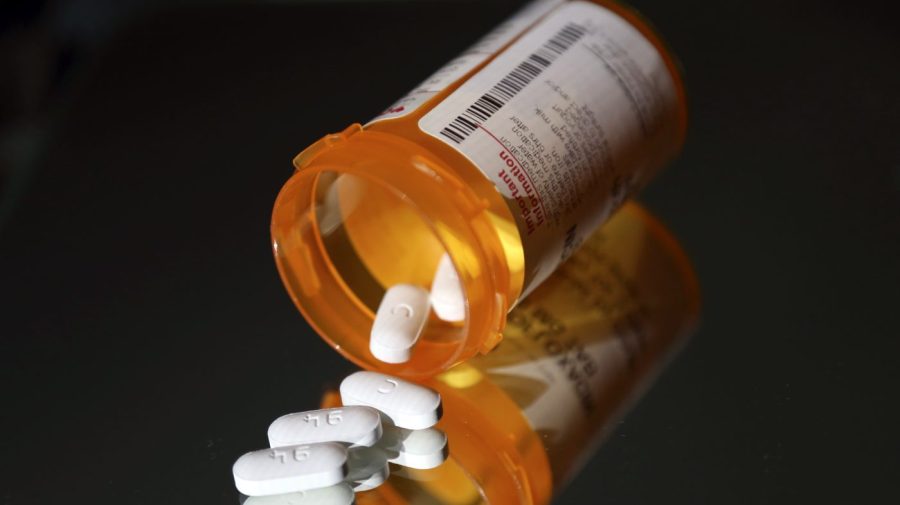(NEXSTAR) – Nearly 590,000 bottles of blood pressure drugs have been recalled over concerns that they may contain a potentially carcinogenic chemical that exceeds the “acceptable intake limit.”
The medications affected by the recall — prazosin hydrochloride — were recalled earlier this month by Teva Pharmaceuticals USA (which initiated its recall on Oct. 7) and Amerisource Health Services (Oct. 26). Enforcement reports published by the U.S. Food and Drug Administration (FDA) indicate the capsules may contain nitrosamine impurities above the “Carcinogenic Potency Categorization Approach (CPCA)” limit.
According to the FDA, N-nitrosamine impurities are a class of potentially cancer-causing chemicals that can form during the manufacture or storage of a drug.
The enforcement reports show that on Oct. 24, the agency classified the recalls as Class II, meaning health officials believe that the use of the affected product “may cause temporary or medically reversible adverse health consequences or where the probability of serious adverse health consequences is remote.”
The recall currently affects only 1mg, 2mg and 5mg capsules of prazosin hydrochloride distributed by Teva Pharmaceuticals USA and Amerisource Health Services, and only those with specific lot numbers and expiration dates. Most of the recalled bottles were distributed by Teva (over 580,000), while the rest were distributed by Amerisource.
More specific information on the recalled medications, including lot codes and expiration dates, is available in the FDA’s enforcement reports.
Doctors prescribe prazosin, which relaxes blood vessels, to help lower blood pressure. It is also sometimes prescribed for nightmares and other sleep disturbances caused by post-traumatic stress disorder.
Patients with any of the recalled medications should contact their healthcare providers or pharmacies with any questions, the FDA says. It warned, however, that “stopping your medicine may be more harmful to your health than continuing to take the recalled medicine” in some cases.
The Associated Press contributed to this report.

